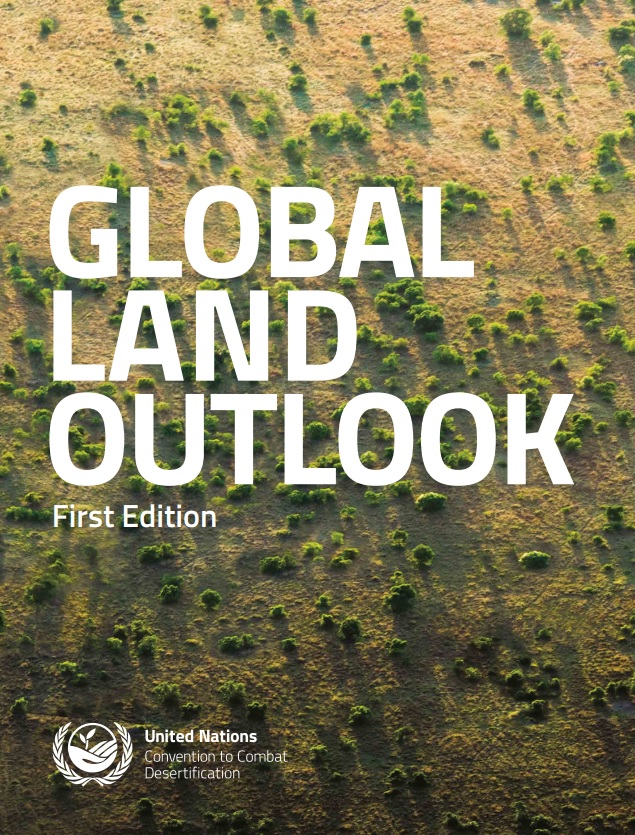Overview
Land is an essential building block of civilization, yet its contribution to our quality of life is perceived and valued in starkly different and often incompatible ways. A minority has grown rich from the unsustainable use and largescale exploitation of land resources with related conflicts intensifying in many countries. The world has reached a point where we must reconcile these differences and rethink the way in which we plan, use, and manage the land.
Our ability to manage trade-offs at a landscape scale will ultimately decide the future of land resources – soil, water, and biodiversity – and determine success or failure in delivering poverty reduction, food and water security, and climate change mitigation and adaptation. Indeed, integrated land and water management is recognized as an accelerator
for achieving most of the Sustainable Development Goals.
While we are at a critical juncture, fast approaching and in some cases surpassing planetary boundaries, the evidence presented in this first edition of the Global Land Outlook demonstrates that informed and responsible decisionmaking, improved land management policies and practices, and simple changes in our everyday lives, can, if widely
adopted, help to reverse the current worrying trends in the state of our land resources.




